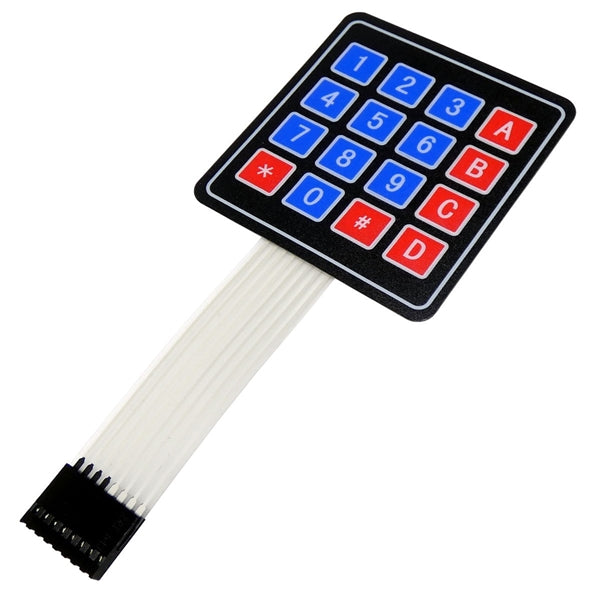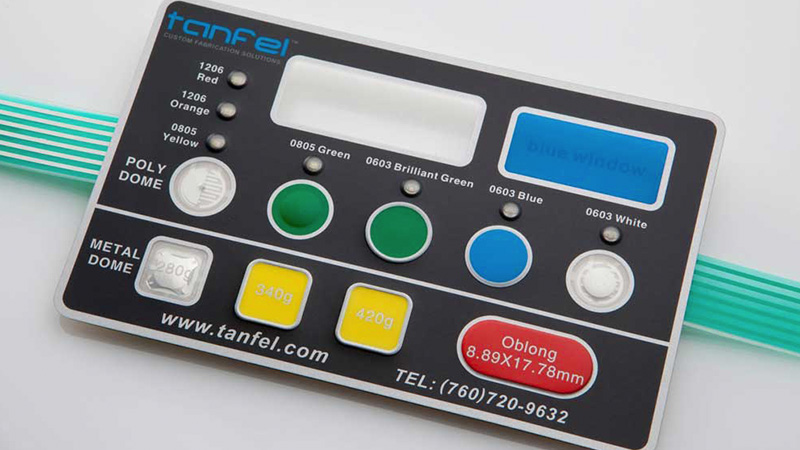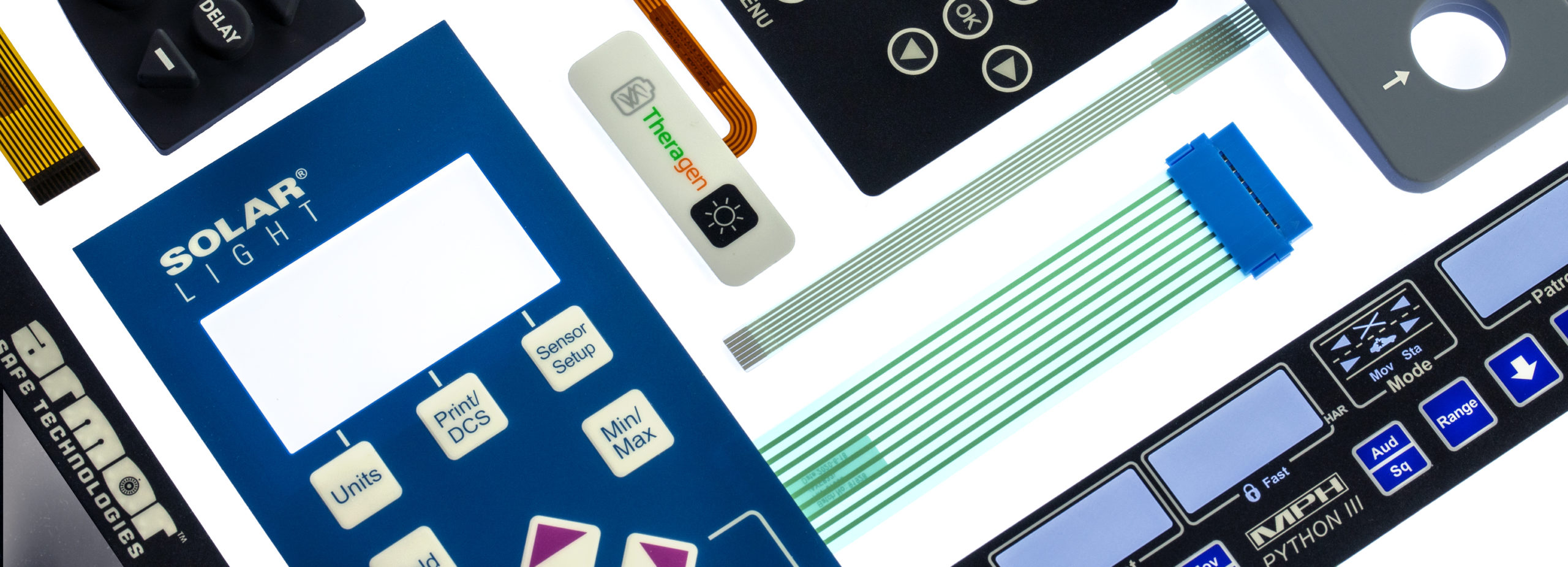Why Membrane Changes Are Necessary for Long Lasting Control Systems
Membrane buttons play a critical function in making certain the resilience and integrity of control systems across various industries. As we check out the multifaceted benefits of membrane layer buttons, it becomes apparent that their relevance goes beyond plain functionality, influencing user experience and operational performance.
Overview of Membrane Buttons
Membrane buttons are versatile and dependable components commonly utilized in different electronic control systems. The visuals overlay offers both useful and visual layout, while the spacer layer guarantees that the switches are triggered only when pushed.
Membrane layer switches are usually preferred in applications requiring a small and lightweight style, making them perfect for portable gadgets, clinical equipment, and commercial machinery. They can be tailored to satisfy particular customer needs and can include various attributes such as backlighting, responsive feedback, and several colors. Membrane layer buttons are immune to dirt, dampness, and pollutants, making them appropriate for environments where longevity is vital.
Benefits of Sturdiness
In numerous applications, the longevity of membrane changes deals considerable benefits that boost their total efficiency and integrity. These switches are designed to endure extreme atmospheres, making them optimal for use in requiring conditions such as high moisture, severe temperatures, and direct exposure to chemicals. Their durable construction helps to stop damages from physical effect, guaranteeing long-lasting functionality and reducing the requirement for frequent substitutes.
Furthermore, membrane switches are immune to deterioration, which is crucial in applications where frequent communication occurs. This longevity converts to reduce maintenance costs, as companies take advantage of lowered downtime and less service interruptions. Furthermore, the encapsulated layout of membrane switches over secures inner components from dirt and wetness access, additional contributing to their life expectancy.
One more benefit is their capability to keep constant efficiency over time. With a high tolerance for mechanical anxiety, these switches maintain their responsive feedback and electrical integrity, making certain customer satisfaction. Ultimately, the resilience of membrane layer switches not just boosts functional effectiveness however also promotes confidence in their reliability, making them a preferred option for control systems throughout numerous markets.
Applications in Different Industries
Long lasting control systems utilizing membrane layer buttons find substantial applications throughout a series of markets, each gaining from the unique characteristics these switches supply. In the clinical market, membrane layer switches are crucial for devices such as individual screens and analysis equipment, where integrity and convenience of cleansing are extremely important. Their resistance to dampness and pollutants guarantees they preserve performance in sterilized atmospheres.
The vehicle market leverages membrane layer switches for dashboard controls and infomercial systems, where they offer smooth, low-profile user interfaces that improve individual experience. These switches are likewise created to stand up to harsh problems, consisting of exposure to severe temperature levels and vibrations.
In commercial settings, membrane layer buttons are frequently used in machinery control panels, using tactile responses and toughness essential for high-usage applications. Their ability to resist chemicals makes them ideal for producing settings where spills and impurities are frequent.

Consumer electronic devices, such as cooking area appliances and push-button controls, also use membrane layer buttons for their convenience and cost-effectiveness. Generally, the versatility and robust nature of membrane changes make them important throughout various sectors, making sure effective operation and longevity in control systems.
Layout and Aesthetic Appeal
While capability is vital, the design and aesthetic appeal of control systems geared up with membrane layer buttons play an essential role in individual involvement and overall experience (membrane switch). The visual design of these switches reference can dramatically influence individual assumption and interaction. A well-designed membrane layer switch enhances the click to investigate appearance of the device, making it extra attractive to users and cultivating a link in between the customer and the item
Membrane switches provide a good deal of versatility in style, permitting producers to tailor graphics, shades, and structures to straighten with brand identification and item visual appeals. The use of vibrant shades and unique patterns can draw interest, while tactile feedback can strengthen the customer's interaction with the gadget. Furthermore, the capability to incorporate LED indicators and backlighting right into the membrane layer switch layout provides both useful and aesthetic benefits, improving exposure and usability in various atmospheres.

Enhancing Customer Experience

Furthermore, membrane buttons can be personalized to integrate graphical interfaces, enhancing use by presenting details in a clear and user-friendly manner (membrane switch). This modification can consist of symbols, labels, and shade coding that overview customers through complex capabilities effortlessly. In addition, their flexibility permits integration in various environments, guaranteeing regular performance whether in commercial equipment or customer electronic devices
The longevity of membrane layer switches additionally plays a crucial function in user experience. By holding up against rough problems and view publisher site extended usage, these switches lower the possibility of system failings, hence promoting dependability and user self-confidence. Eventually, the tactical usage of membrane changes not just boosts capability but also significantly improves user interaction with control systems, making them an indispensable component in contemporary layout.
Conclusion
